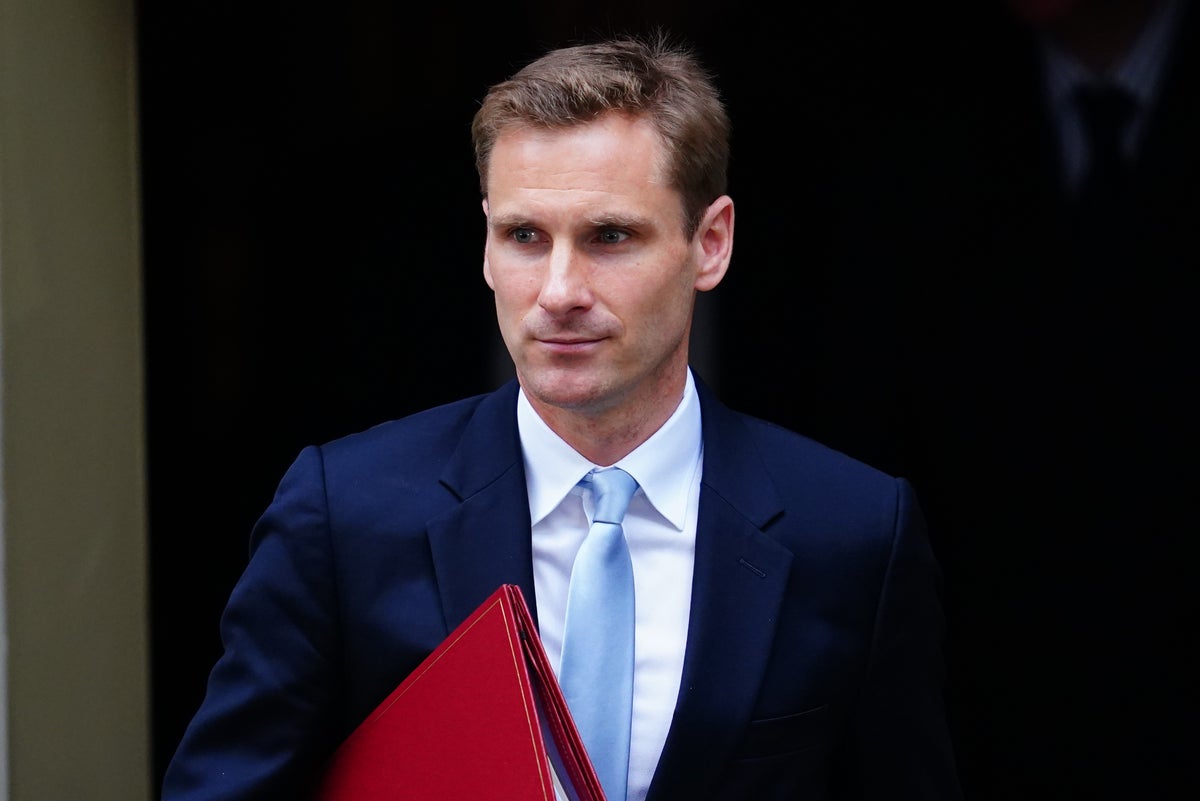
Conservative MPs have rounded on the government after a Treasury minister described criticism of plans to give high earners a tax cut during a cost of living crisis as the “politics of envy”.
Furious fellow Tory MPs hit out at the comment by Chris Philp, the chief secretary to the Treasury, just hours after the chancellor, Kwasi Kwarteng, announced he was scrapping the highest rate of tax, paid by those earning more than £150,000 a year.
Mr Kwarteng was accused of betting on trickle-down economics after he unveiled a total of £45bn worth of tax cuts alongside massively increased borrowing.
As well as abolishing the 45p top rate of income tax, he reversed the rise in national insurance and ditched a planned rise in corporation tax in a drive to boost economic growth.
Sterling fell to its lowest level in 37 years amid concerns over borrowing and whether the plans would be enough to stimulate growth.
Defending the help for high earners, Mr Philp said the government was offering tax cuts to everyone.
"We’re going to do what’s right for the whole country. That means reducing taxes for everybody – low earners but also high earners,” he said.
"We’re going to do what’s right, we’re going to get growth delivered. And we’re not going to sort of worry about the politics of envy, or the optics of it.”
One former cabinet minister, who supported Liz Truss during her leadership campaign, described Mr Philp’s comment as “not sensible”.
Another former minister said his remarks were a “crisis” for the government and that the chief secretary to the Treasury was “one of the less brilliant appointments – and the bar is set low already”.
One of those who criticised the plan was Conservative former cabinet minister Julian Smith, who said: “This huge tax cut for the very rich at a time of national crisis and real fear and anxiety amongst low-income workers and citizens is wrong.”
Labour accused Mr Kwarteng and prime minister Ms Truss of gambling with people’s finances in “casino economics” and said the "trickle-down" approach would leave the next generation worse off.
Analysis of the mini-Budget by the Resolution Foundation think tank suggested “only the very richest households” would see their incomes grow as a result of the tax cuts.
Overall, the package would do nothing to stop more than two million people falling below the poverty line, it added.
It found that the wealthiest 5 per cent of the population would see their incomes grow by 2 per cent next year, while the other 95 per cent would get poorer as the cost of living crisis continues.
Another highly respected think tank, the Institute for Fiscal Studies (IFS), also said only those with incomes above £155,000 would be net beneficiaries because of a series of tax policies announced by the Conservatives over the current parliament.
IFS director Paul Johnson told BBC Breakfast: “If you’ve got less than about £150,000 a year coming in, if you’re part of the 99 per cent with less than £150,000 coming in, then you’re still going to be worse off as a result of tax changes coming in over the next two or three years.”
Mr Johnson has also warned that the Bank of England is likely to further hike rates in response to the mini-Budget. The government has argued that the measures are necessary to help drive economic growth.
As he prepared for his party’s conference to get under way in Liverpool, Labour leader Sir Keir Starmer tweeted: “Tory casino economics is gambling the mortgages and finances of every family in the country.”
His deputy, Angela Rayner, earlier warned that trickle-down economics “doesn’t work” and “will make the next generation worse off”.







